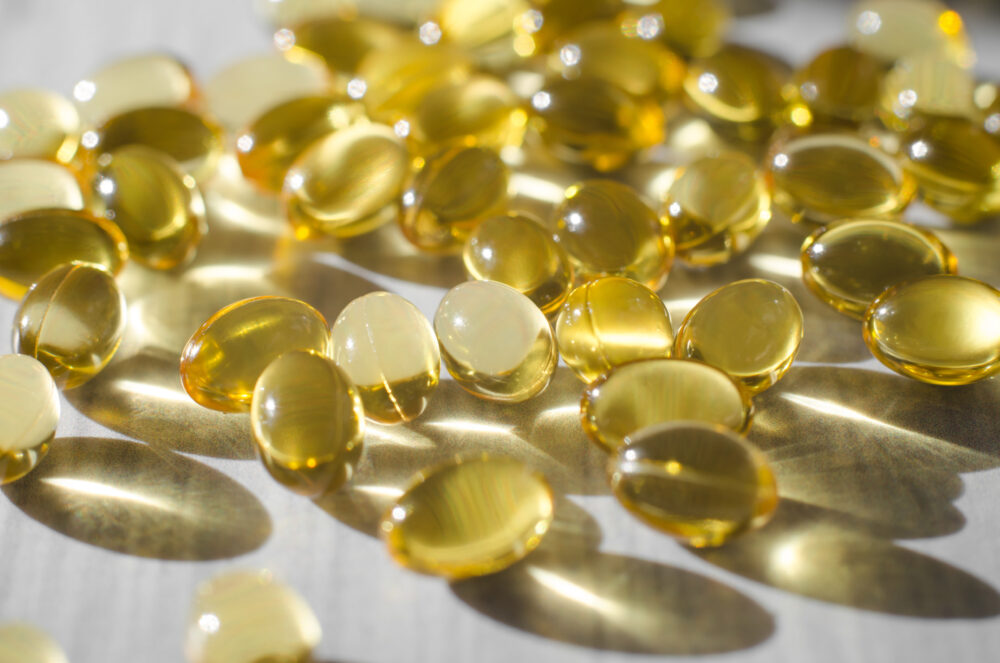
General Coronavirus October 2020
Could Vitamin D help combat COVID-19?
Share
Over the last month some published reports have heightened speculation that boosting Vitamin D levels may play a role in helping to combat Acute Respiratory Distress Syndrome (ARDS) associated with Coronavirus Infectious Disease-19 (COVID-19) infection. Even prior to COVID 19 there was significant evidence that Vitamin D plays an important role in the prevention and/or improved outcomes of Acute Respiratory Distress Syndrome -ARDS
It is widely accepted that Vitamin D is an important nutrient for a healthy body and strong bones, as it assists the body absorb calcium and a deficiency in Vitamin D may result in soft, thin, and brittle bones. Vitamin D also assists nerves to carry messages between the brain and every other body part. Additionally the immune system needs vitamin D to fight off invading bacteria and viruses (see US National Institute of Health Consumer Information).
It is known that around 25% - 50% of populations (this varies from country to country) are deficient in Vitamin D either through limited exposure to sunlight and/or poor diet, plus other factors. Vitamin D is a cheap, readily available, relatively safe, easily administered orally and non-patented dietary supplement/ medicine.
What science is available?
In a recent article exploring links between Vitamin D deficiency and COVID-19 by Mradul Mohan et al (2020), they stated that “Vitamin D is an immunomodulator hormone with established effectiveness against various upper respiratory infections. Vitamin D can stall hyper-inflammatory responses and expedite healing process of the affected areas, primarily in the lung tissue.”
In their article they posed whether there is an association between Vitamin D deficiency and susceptibility to COVID-19. They further posed whether administration of vitamin D to deficient individuals can prevent infection or alter the course of disease severity.
Other studies also suggest an association between Vitamin D deficiency and risk of viral upper respiratory tract infections and potentially mortality from COVID-19. Kaufman et al (2020) conducted an analysis of SARS-CoV-2 positivity rates associated with circulating 25-hydroxyvitamin D levels. The study included over 190,000 subjects and concluded that there was a very high correlation between the circulating levels of Vitamin D and COVID 19 morbidity.
These papers clearly showed that there is a positive correlation between low Vitamin D levels and morbidity associated with COVID-19 infection.
A controlled parallel pilot randomized open label, double-masked clinical trial in Cordoba Hospital in Spain, which treated presenting patients with and without Vitamin D supplementation, found that those patients without Vitamin D supplements were significantly more likely to advance to ICU (50% compared to 2%) and had a higher mortality rate (7.6% compared to 0%).
Is there a causative link?
It is important to state that correlation or association does not necessarily equate to causation and other common factors may be contributors e.g patient age. Moving from correlation to causation involves two important steps (a) are there sound scientific hypotheses that would support such a correlation and (b) there are well designed clinical or laboratory studies that confirm causation. With regard to Vitamin D and COVID – 19 morbidity, there is a known biochemical mechanism to suggest possible causation, but as yet there have been no definitive clinical trials to confirm any causation - so the jury is still out. The Cordoba Hospital controlled study however is more convincing with respect to causation.
Next steps
There is gathering evidence that there is a possible to probable causative link between circulating Vitamin D levels and COVID-19 morbidity.
With such significant resources being devoted to mitigating the impact of COVID-19 and finding a vaccine it seems sensible that governments could allocate space in their health budgets to investigate the role Vitamin D could play. It’s pleasing to see that a double-blind placebo-controlled study involving some 2700 subjects was scheduled to commence in September with results expected in early 2021. Maybe watch this space.
Watch this video for more information.
